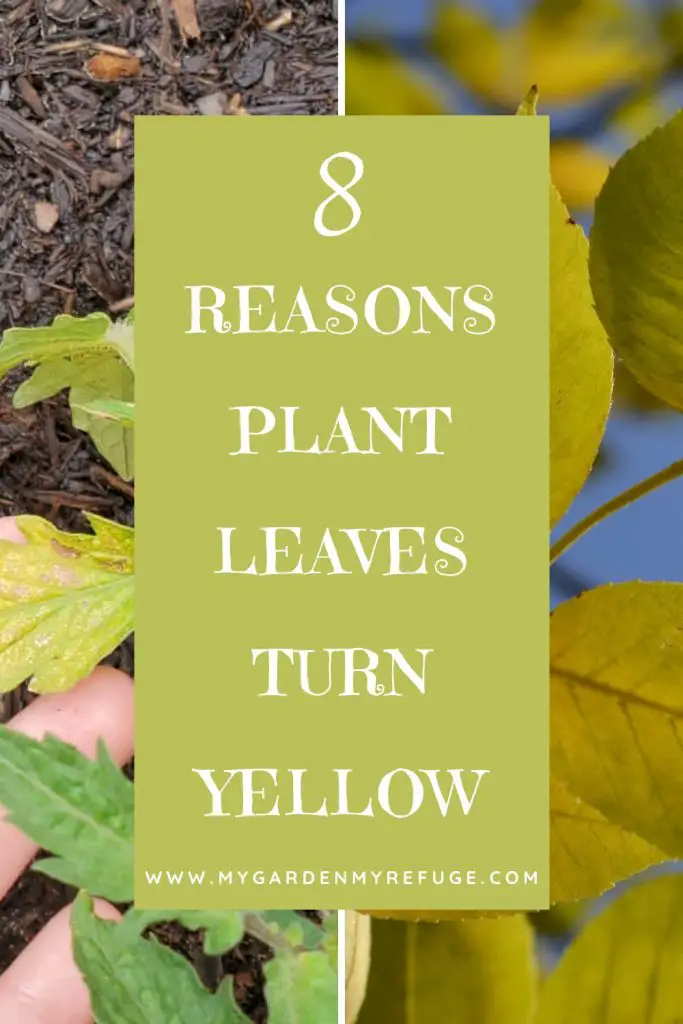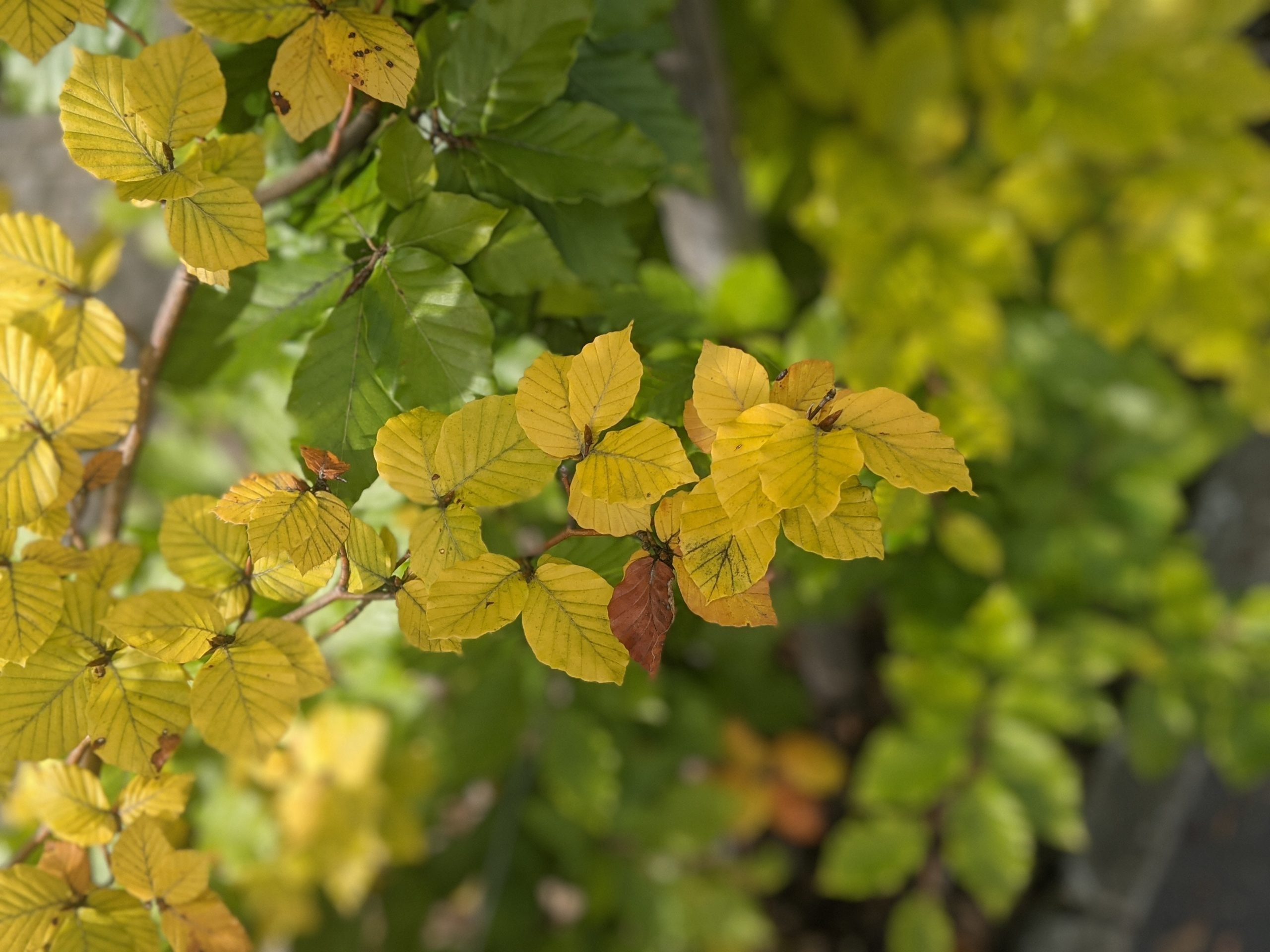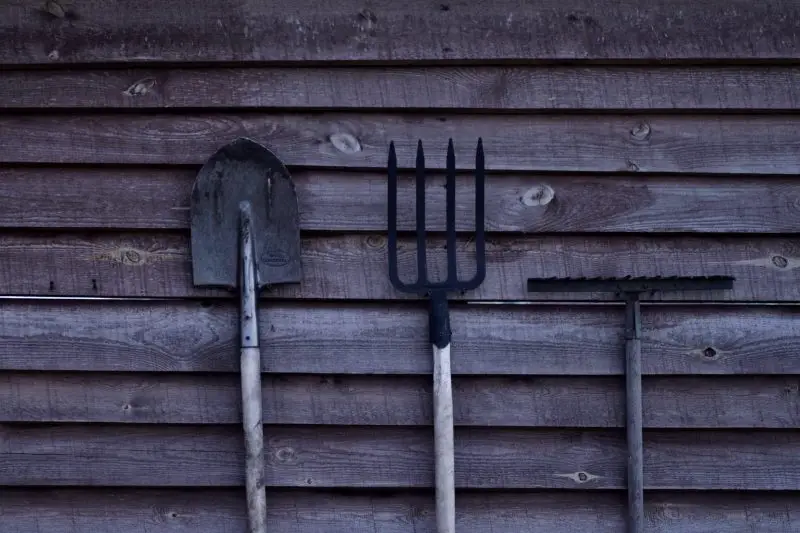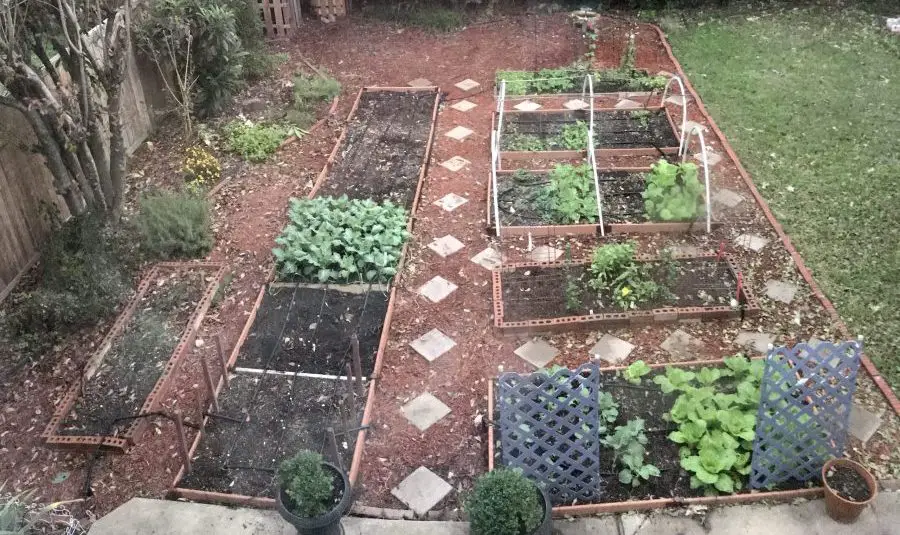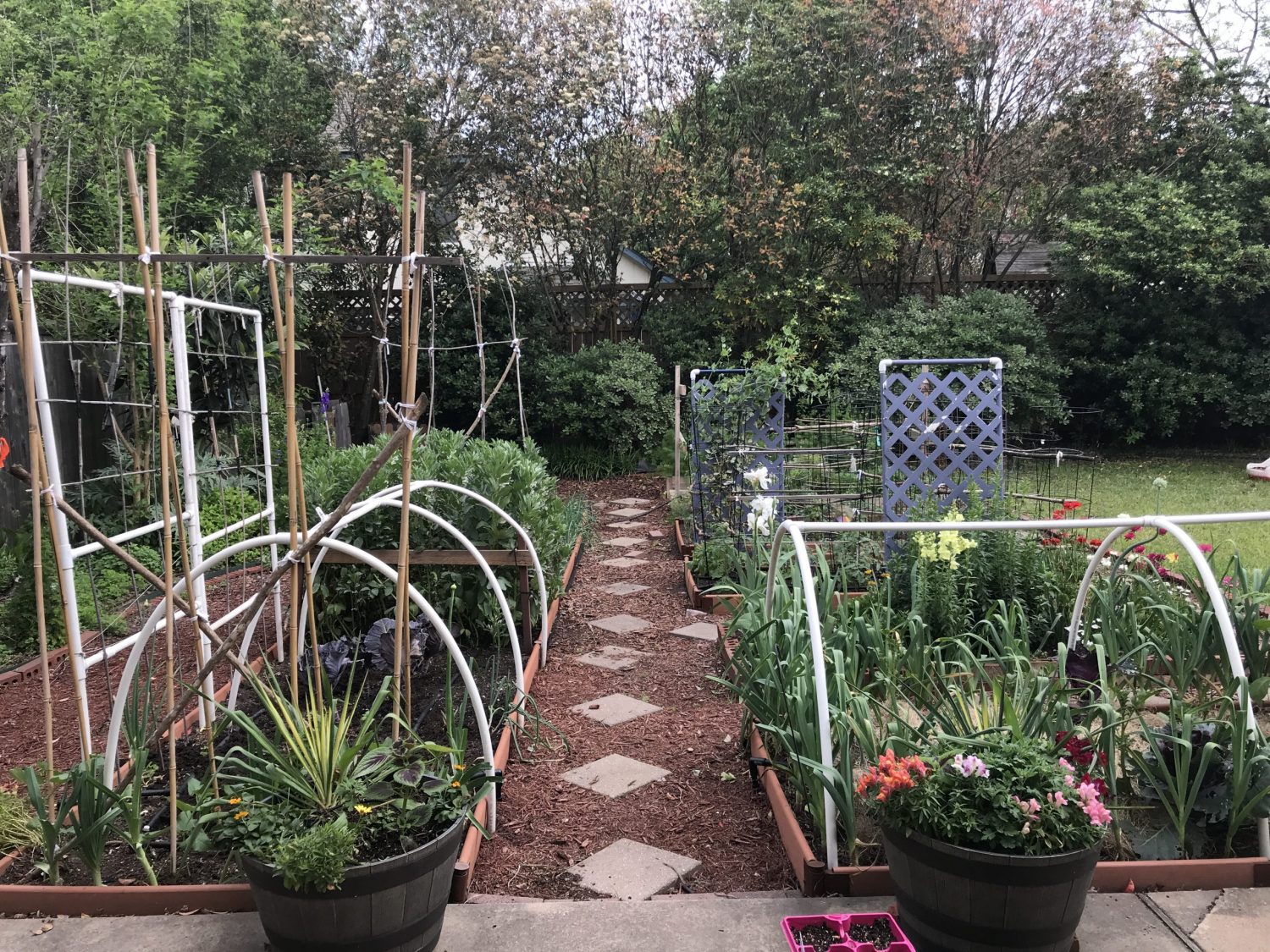After planting a garden, we expect to be surrounded by a lush and green landscape. But sometimes, that is not the case, and we are surprised to see our beloved plants turning yellow, despite the care we give them. The yellowing is caused by the low production of chlorophyll which is responsible for the green color. Fortunately, this is not a permanent problem and can be remedied once you identify the cause. Here is a list of the possible reasons your plants’ leaves turn yellow.
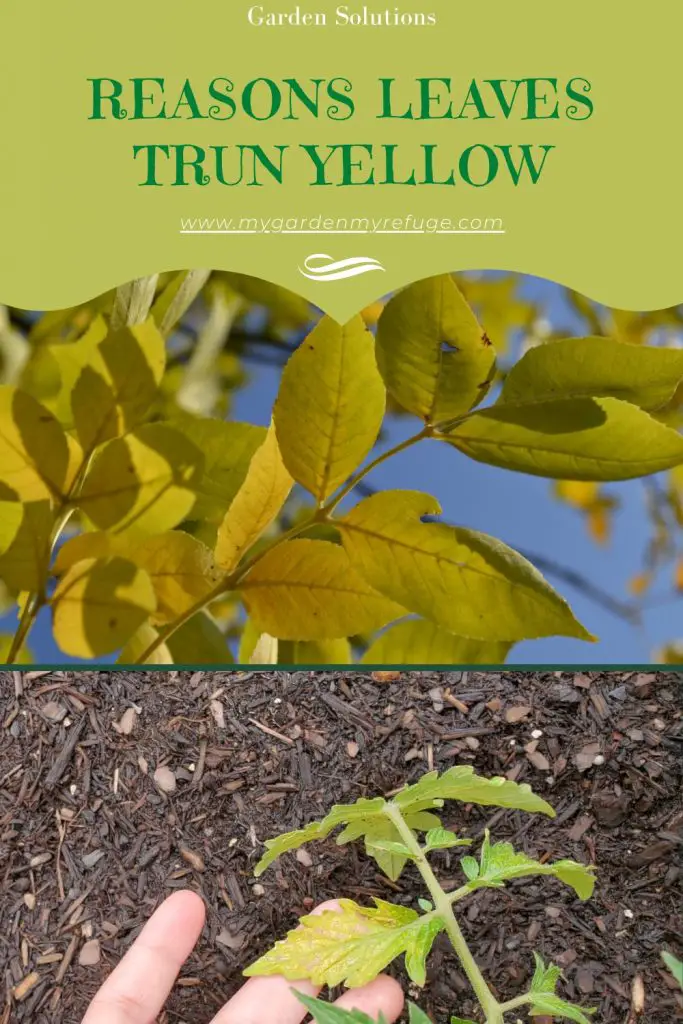
#1 Leaf yellowing caused by watering problems
Balanced watering is crucial to maintaining a healthy landscape. Excessive water and lack of water are equally damaging to plants. Plants need light, water, and Co2 for their cells to turn these raw materials into sugars. A healthy plant should be able to make more food than it needs to sustain its livelihood.
Overwatering
Sometimes new gardeners get too excited and overwater their plants, thinking they are doing them good. In other cases, nature could be the reason for overwatering with continuous rainfall. In both situations, the plants will show yellow leaves as a sign of suffering.
When the soil is saturated with water, oxygen levels decrease, suffocating the micro-organism. Therefore, preventing them from doing their job of providing necessary nutrients to the plant.
- Refrain from watering.
- Make sure your pots have enough drainage holes.
- Use balanced soil that does not retain too much water.
- Foliar feed instead of drenching the plants.
- Fertilize with seaweed to help the plant recover.
- Make sure the soil is dry before watering. Perform a finger test by inserting your finger a few inches deep. If it feels damp, do not water it.
Underwatering
Keeping the soil dry for too long also causes the yellowing of the leaves. Lack of water damages the root cells preventing them from absorbing nutrients from the soil. To fix this, keep a regular watering schedule by using a timer.
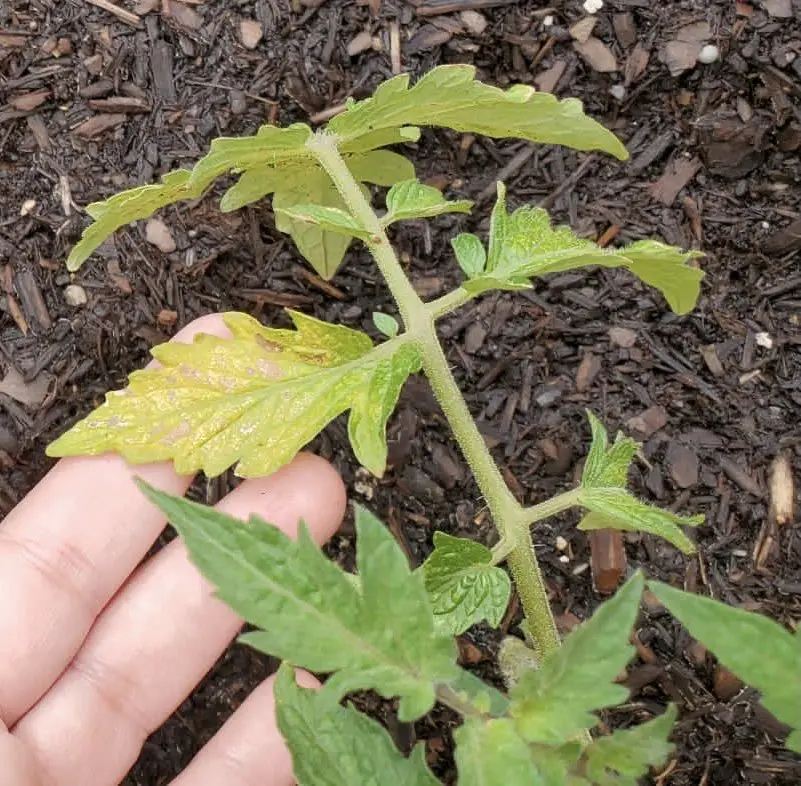
#2 Improper light conditions
Just like water, plants also need the right amount of light to perform photosynthesis. Too much or little light will lead to the yellowing of the leaves. Ensure the right growing conditions for your plant to ensure optimum growth.
#3 Compacted root system
Compaction is mostly the case with potted plants. When plants outgrow their containers, they become root-bound and have difficulty getting nutrients. To remedy this, check on the root ball by gently sliding it out from the container. If the roots are coiled, prune them and transplant them into a bigger pot. Also, replenish the soil with good quality compost to kick-start the plant.
#4 Root damage
Root damage can be caused by subterranean insects, digging tools, or root disease. Inspect the plant carefully to identify the root cause. Unfortunately, root damage most of the time is not recoverable. But consider improving your soil before putting in new plants. Add good compost and aerate the planting area.
#5 Soil Ph
Each plant has its optimal soil pH to absorb the necessary nutrients to grow. First, get your soil tested to identify its pH, then check what pH a given plant needs. Central Texas’s native soil is more alkaline than most plants prefer. Since it is hard to fix soil pH, selecting plants that do well in your area is best to minimize damage.
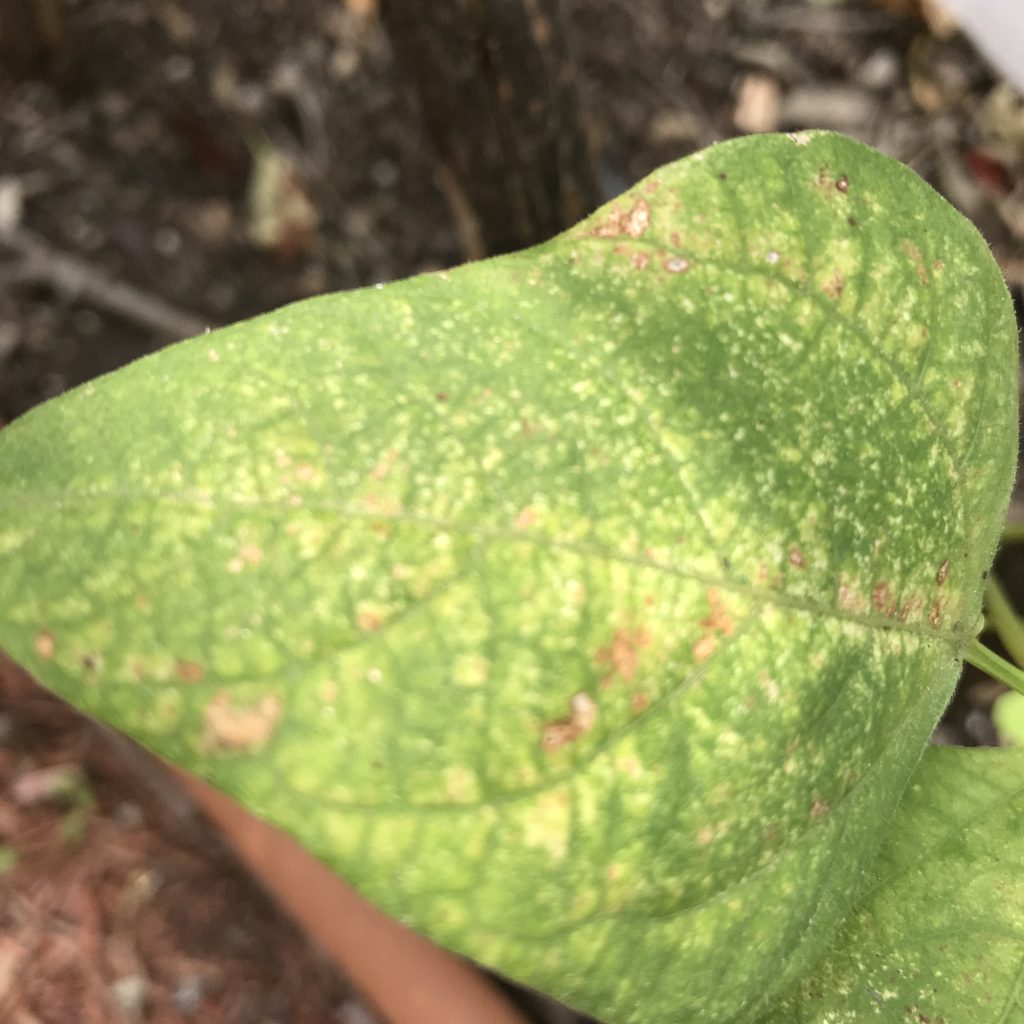
#6 Pests
Sap-sucking insects can also cause the yellowing of the leaves. Spider mites and aphids are the most common pest in the home garden. Inspect your plants carefully, especially under the leaves and at the new growth. Apply good pest management methods to prevent infestation or get rid of them.
#7 Lack of nutrients
Iron, Magnesium, Nitrogen, Potassium, and Zinc deficiencies can cause yellowing of the leaves. Assuming that the symptoms are due to nutritional deficiencies should come after eliminating all the previously mentioned causes. Get your soil tested before applying treatment. Your county extension should be able to do the soil test for you. It will also give you the proper guidelines to fix your soil.
#8 Old leaves
Many plants, especially vegetables or annuals, have their leaves turn yellow at the end of their lifecycle. It is because aging leaves lose active cells reducing food production. Afterward, they die and fall off, either leaving space for new ones to come up or signaling the end of the plants’ life.
